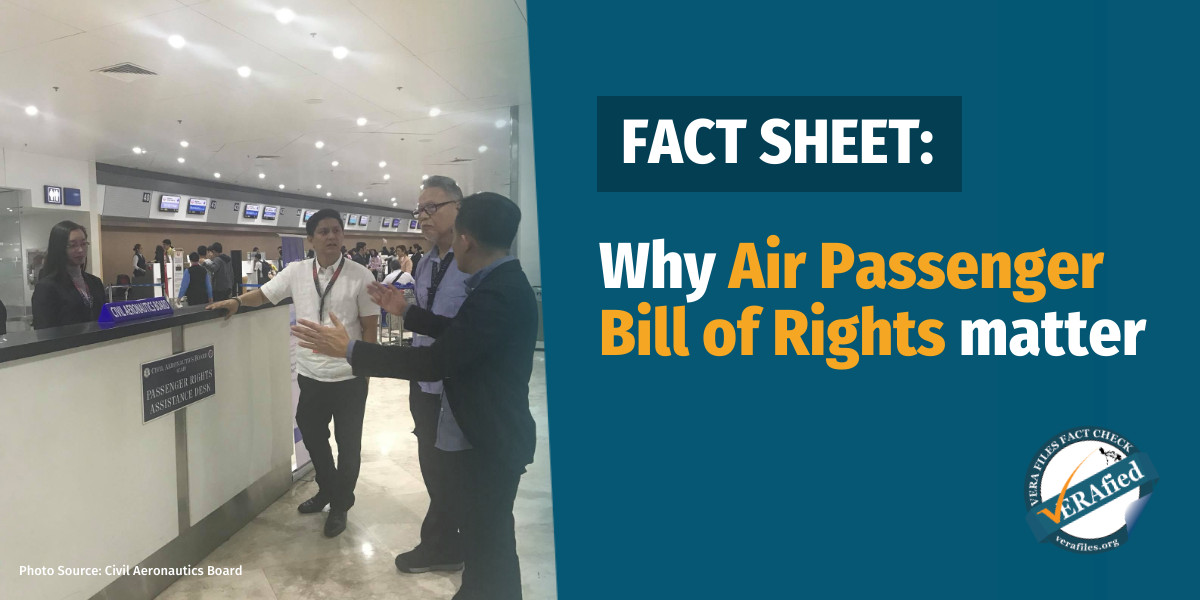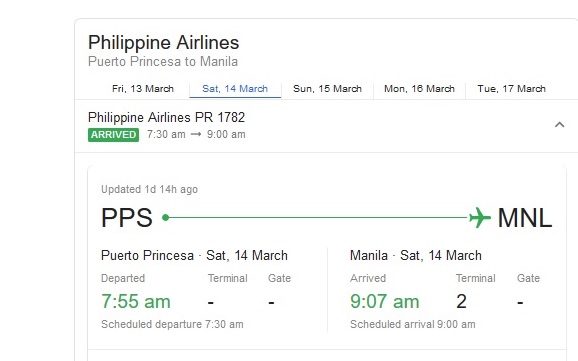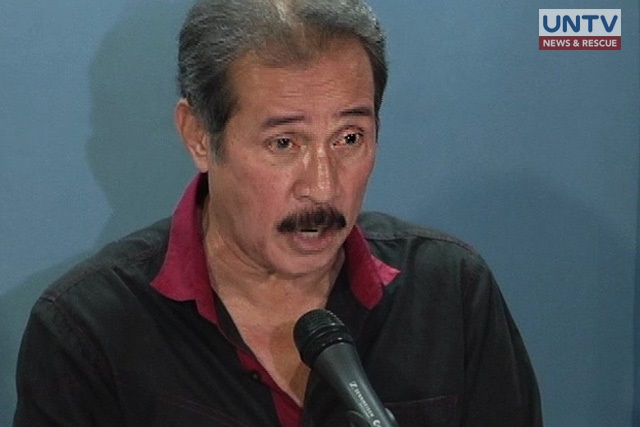Mounting complaints about flight cancellations and delays, as well as offloading and other inefficiencies in the services of airline companies, prompted calls for a tougher policy to protect the rights of air passengers.
The Passenger Forum (TPF), a transport advocacy network, suggested that the Air Passenger Bill of Rights (APBR) have a “legislated version” that will set penalties on erring airlines.
In a statement, TPF convener Primo Morillo proposed hefty fines if flight cancellations affect 10,000 passengers or the damage amounts to P50 million.
Morillo suggested a franchise cancellation once the total damage reaches P500 million or when the affected passengers hit 100,000 individuals.
In view of the recurring complaints about inefficient services of airline companies, congressmen belonging to the Makabayan bloc filed last January House Bill 6738, or a Magna Carta for Air Passengers.
Through House Resolution 1101, Cagayan De Oro Rep. Rufus Rodriguez is seeking to suspend the franchise of Cebu Air Inc. under Republic Act No. 7151 due to “a history of unsatisfactory service to the public.”
Last July 4, the Department of Transportation (DOTr) confirmed that the Civil Aeronautics Board (CAB) is reviewing the APBR. But Transportation Undersecretary Robert C.O. Lim said there is “no need to legislate” the APBR.
What is APBR? Does it really protect the rights of air passengers?
1. What is the APBR all about?
The APBR is contained in Administrative Order No. 1, s. 2012, signed by the Department of Transportation and Communications (DOTC, now DOTr) and the Department of Trade and Industry, to strengthen the rights of airline passengers.
The order provides for three major rights of airline passengers:
A summarized version of the rights of passengers has been publicized for easier reference to passengers.
2. Why is it important to legislate the air passenger rights?
According to Carmelo Arcilla, executive director of the CAB, it is about time to update the penalties that can be imposed on erring air carriers. The penalties under Republic Act No. 776, or the Civil Aeronautics Act of the Philippines, have not been revised since 1952. Under the law, the fine is limited to a maximum of P5,000 per violation.
The 2023 national budget allocates P143 million under the CAB to APBR.
Albay Rep. Joey Salceda had proposed a P660-million compensation for the 66,000 passengers affected by a system glitch at Ninoy Aquino International Airport last New Year’s Day.
However, Transportation Secretary Jaime Bautista asserted that DOTr and Civil Aviation Authority of the Philippines have no contractual obligation to refund the affected passengers.
As of March 31, the CAB has released P26.5 million out of the allocated budget for the “implementation and monitoring” of the APBR.
Sen. Nancy Binay suggested that airlines implement a ban on overbooking in domestic and international flights during the peak travel season to avoid offloading of passengers. The DOTC considered a similar ban in 2015 due to flight delays and cancellations. However, Arcilla said the current provision in APBR has no limit to overbooking.
In response to the increasing grievances over inefficient airline services, Sen. Francis “Chiz” Escudero is pushing the legislation of the APBR.
During a Senate investigation last July 21, senators questioned representatives of Cebu Pacific, Philippine Airlines, and AirAsia Philippines on growing complaints about delayed and canceled flights, overbooking, offloading and offboarding.
Cebu Pacific officials reported that the airline receives 2,000 to 3,000 calls daily of complaints and inquiries from passengers.
Cebu Pacific President Alexander Lao cited engine problems, maintenance issues and delayed delivery of equipment as factors leading to flight cancellations and delays.
3. How to file a complaint regarding airline services?
According to Chapter V, Sec. 17 of APBR, airlines should have a customer service personnel who will assist passengers in filing and prosecuting the complaints:
“Air carriers shall provide Customer Service Representatives who can address common problems, such as arranging for meals and hotel rooms for stranded passengers, settling denied boarding compensation, arranging luggage resolutions, and settling other routine claims or complaints, on the spot. In addition, the CAB may provide Complaints and Assistance Desks in all airports.”
Passengers may submit an Online Passenger Complaint Form on the website of CAB.




